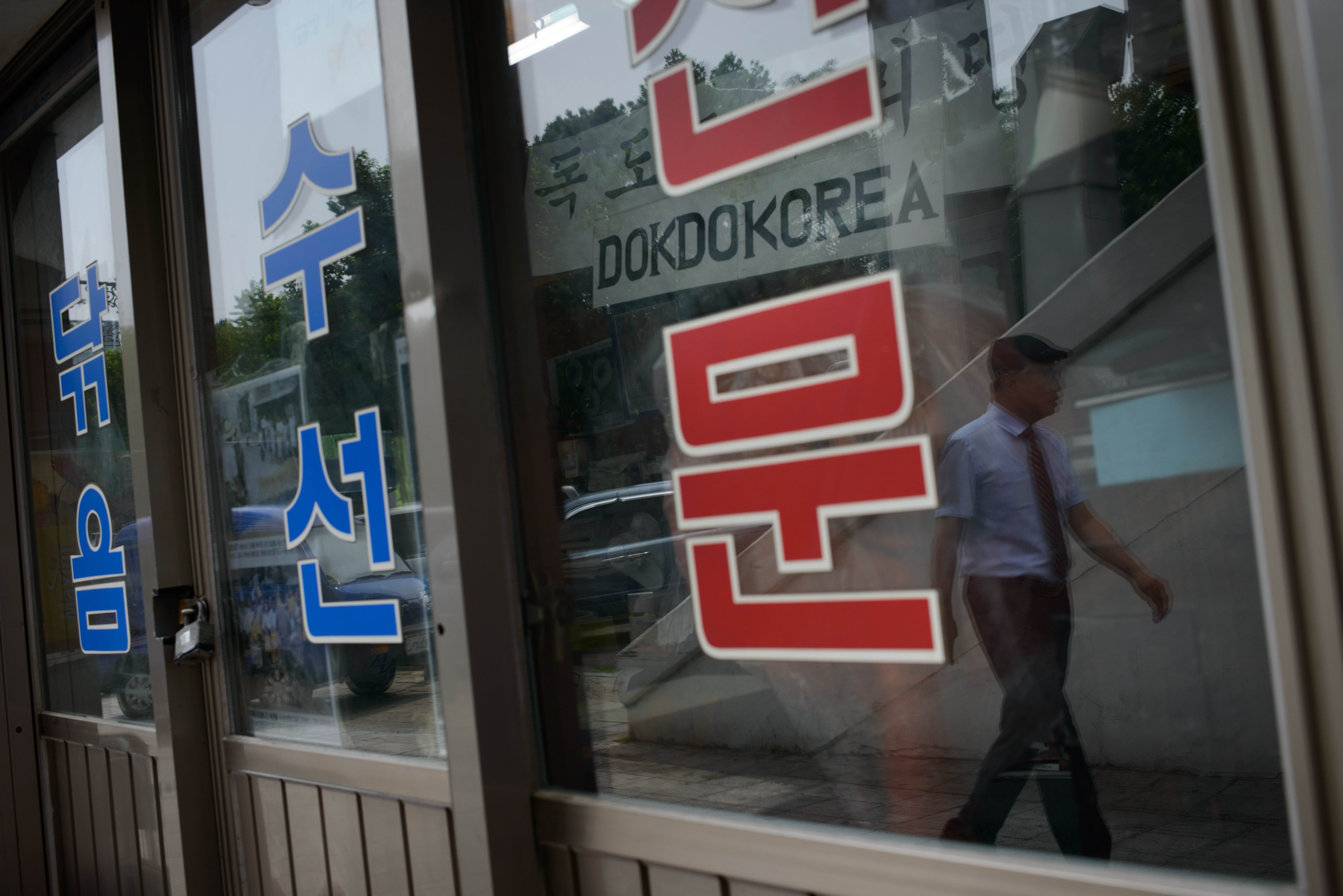Holding a notepad full of questions, 15-year-old Ko Yu-jeong rushes up to a South Korean diplomat after his speech, asking how she can better argue the case for her country's control of a set of islets also claimed by Japan.
Ko was one of hundreds of high-school students to be told in a lecture by Foreign Ministry officials that Japan's claims to the islets, called Dokdo in Korean and Takeshima in Japanese, amount to "nonsense."
"We want to arm you with the logic you need to convince foreigners that Dokdo is ours through this lecture," Che Dong-hwan, a Foreign Ministry official, said as he stood next to a screen showing a bird's eye view of the islets. The series of three classes for students from middle school through university ended Wednesday.

















With your current subscription plan you can comment on stories. However, before writing your first comment, please create a display name in the Profile section of your subscriber account page.